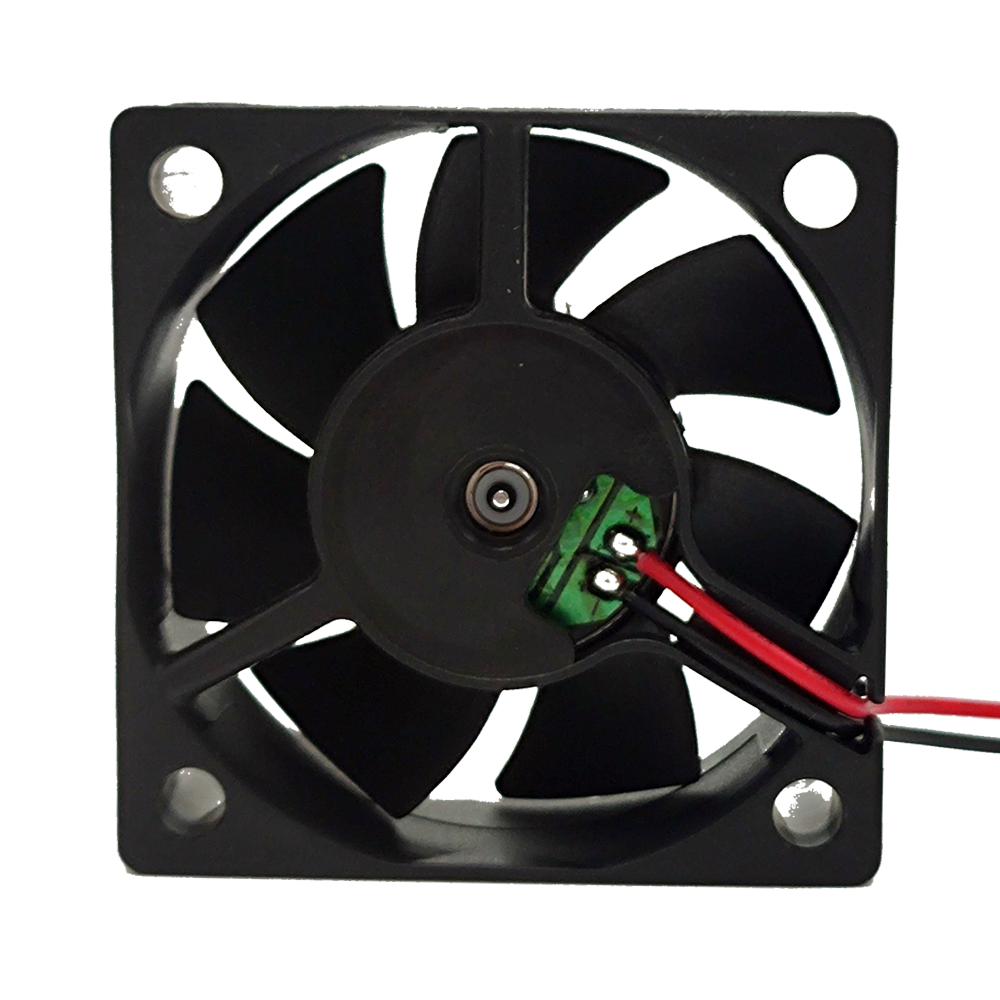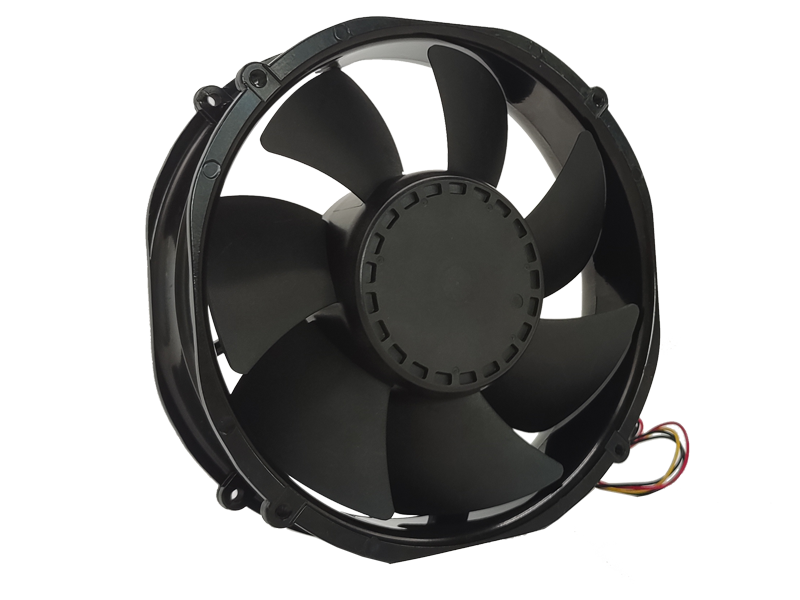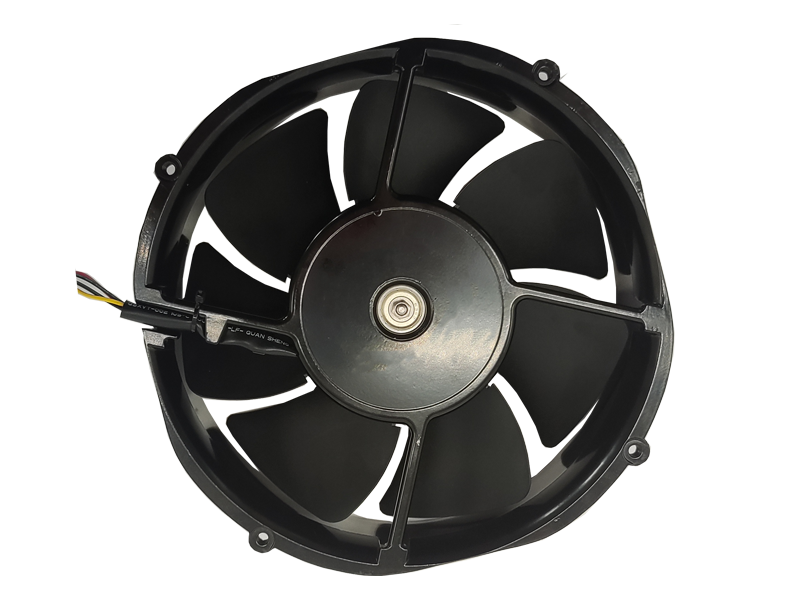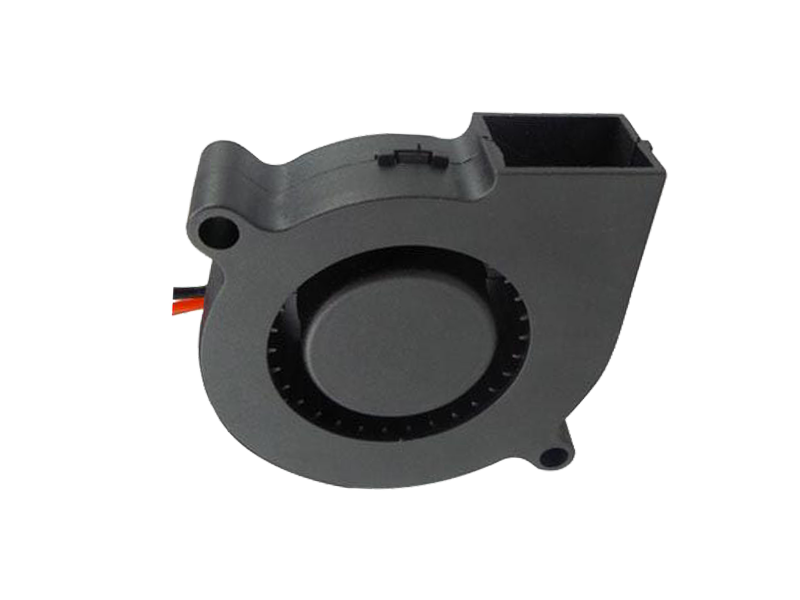Industrial fans have transcended their role as mere mechanical ventilators, evolving into precision-engineered systems that dictate energy efficiency, operational safety, and workforce productivity. This article explores how product managers are leveraging aerodynamics, motor technology, and IoT integration to redefine performance benchmarks.
1. Aerodynamic Breakthroughs: From CFD to Additive Manufacturing
Blade Design Optimization:
Modern industrial fans utilize computational fluid dynamics (CFD) simulations to model airflow patterns at sub-millimeter resolutions. A case study by Xylem reveals that twisted Savonius-inspired blades reduce turbulence by 37% compared to traditional straight designs, cutting energy consumption by 22% in wastewater treatment plants.
3D-Printed Impellers:
Selective laser melting (SLM) technology enables the production of hollow titanium blades with internal lattice structures. Howden’s additive manufacturing process reduces impeller weight by 40% while maintaining structural integrity, critical for high-speed (1500+ RPM) applications in cement mills.
Boundary Layer Control:
Micro-perforated suction slots along blade surfaces, as seen in Ebm-papst’s AxiTop diffusers, delay flow separation by 25°, increasing static pressure efficiency to 86%—a 15-point gain over conventional designs.
2. Motor Technology: The Heart of Energy Transition
Permanent Magnet Synchronous Motors (PMSM):
Replacing induction motors, PMSMs eliminate rotor losses and enable IE5 efficiency levels. ABB’s AMA800 series achieves 96% efficiency at partial loads, reducing annual energy costs by $4,200 per fan in 24/7 operations like food processing.
Oil-Free Bearings:
Magnetic levitation (maglev) bearings, pioneered by Ziehl-Abegg, eliminate friction and lubrication needs. A chemical plant deployment showed 99.98% uptime over 5 years, with vibration levels <0.1 mm/s—critical for explosive environments.
Variable Frequency Drives (VFD) 4.0:
AI-driven VFDs like Yaskawa’s GA700 analyze real-time load profiles to adjust torque dynamically. In HVAC systems, this reduces peak demand charges by 30% and extends motor life through soft-start algorithms.
3. Noise Mitigation: Engineering Acoustic Comfort
Active Noise Cancellation (ANC):
Embedded microphones and phase-inverted speakers in Vent-Axia’s SilentAir series attenuate tonal noise by 18 dB(A). A hospital installation reported a 40% reduction in patient complaints post-deployment.

Resonance Damping:
Composite sandwich panels with viscoelastic layers, as used in Soler & Palau’s AntiVib frames, absorb structural vibrations. This cuts low-frequency hum (63–250 Hz) by 12 dB, meeting OSHA’s 85 dBA exposure limits without ear protection.
4. Modular Architectures: The Future of Scalability
Plug-and-Play Modules:
Loren Cook’s FlexFrame system allows swapping motor-impeller assemblies in under 30 minutes. A mining client reduced downtime by 75% during seasonal climate shifts (desert summer vs. arctic winter).
Digital Twins for Predictive Upgrades:
Siemens’ Xcelerator platform simulates fan performance across 50+ variables (temperature, altitude, corrosion). This enabled a paper mill to pre-order spare parts 6 months in advance, avoiding $1.2M in production losses.
Recommended Products

The main purpose:Car charging station

The main purpose:Car charging station

The main purpose:Electronic refrigerators, water dispensers, direct drinking machines, inverter power supplies
Address:No. 4137, Longgang Avenue (Henggang Section), Henggang Community, Henggang Street, Longgang District, Shenzhen
hotline:13530005572(Chen)15112579390(Li)


Welcome all friends to come for consultation and negotiation.
Copyright 2024 @ Shenzhen Youneng Xinyuan Electronics Co., Ltd.,(industrial fans,industrial blowers,axial fans,cooling fans manufacturer,centrifugal fans,ac cooling fans,dc cooling fans)